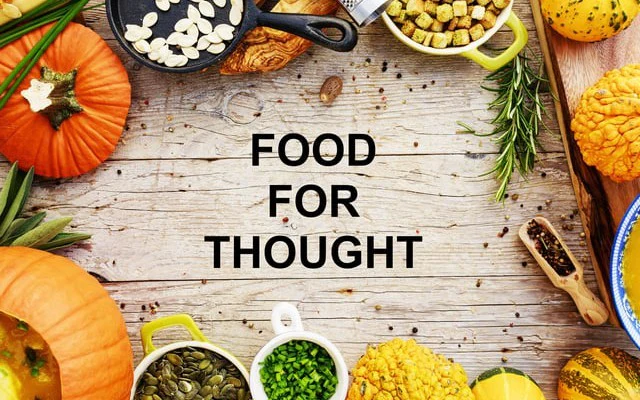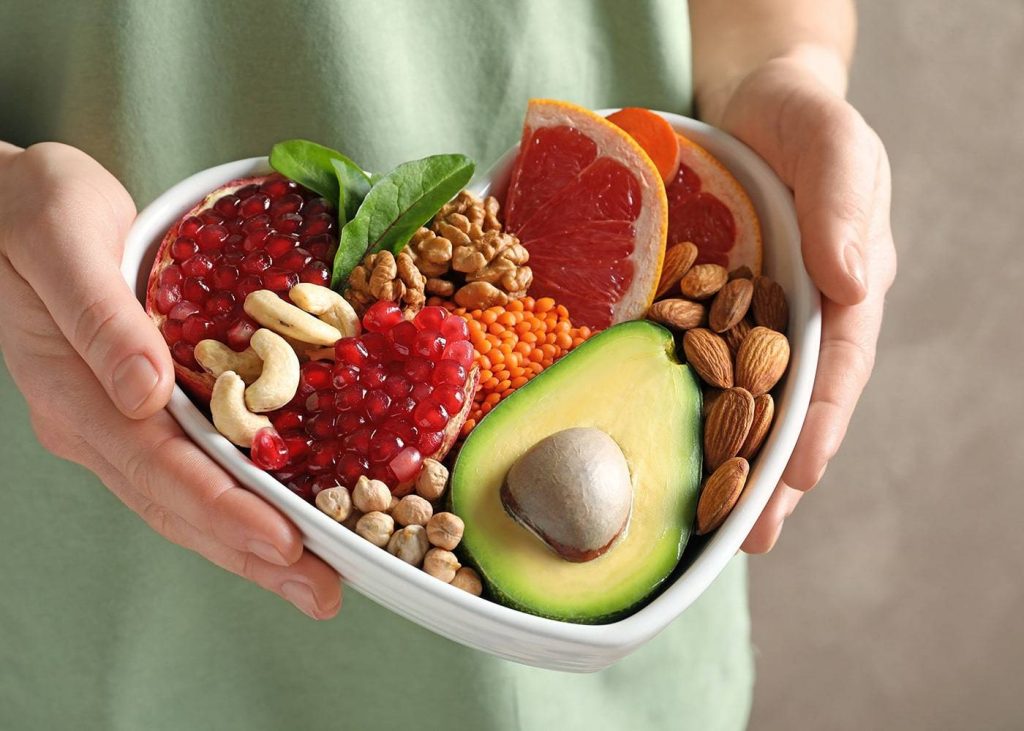In today’s health-conscious world, grocery shelves are overflowing with items labeled “low-fat,” “multi-grain,” “diet,” “organic,” and even “sugar-free.” At first glance, they look like saviors for your waistline—but beneath the packaging, many of these products tell a very different story.
The truth is, food marketing is clever. Some content is never mentioned in the labels while some terms like “natural” or “lite” are often loosely regulated and can mislead consumers into thinking they’re making the healthiest choice. A “whole wheat” bread may contain just 10% actual whole grain, while the rest is refined flour. “No added sugar” may still mean a product is loaded with fruit concentrates or artificial sweeteners that spike insulin and trigger cravings.
One of the biggest traps — Snack foods disguised as health foods. Think granola bars, baked chips, flavored yogurts, or protein cookies. Many are high in calories, sodium, preservatives, or hidden sugars. The label may promise health, but your waistline pays the price.
Even items like “diabetic biscuits” or “diet namkeen” can backfire. They may be low in sugar but high in refined carbs and oils—doing little to support actual health goals. Another example — Fruit juices. They seem wholesome but are often stripped of fiber and packed with sugar—even if “100% juice” is printed in bold.
So how do you protect yourself?
Read Beyond the Label.
It’s easy to get distracted by catchy claims like “low-fat” or “sugar-free,” but the real story lies in the ingredients list. Many so-called “healthy” products still contain hidden sugars, artificial additives, and processed oils. Always check the serving size, as manufacturers can downplay the actual calorie or sugar content. Choosing products with a short, simple ingredients list, easy to understand & pronounce.
Healthy food isn’t just about marketing—it’s about real ingredients and nutritional honesty.
In short, don’t let packaging fool you. Choose simple, fresh, and minimally processed foods over fancy labels. Your body will respond to real nourishment—not branding.






